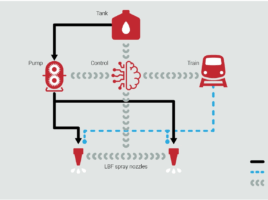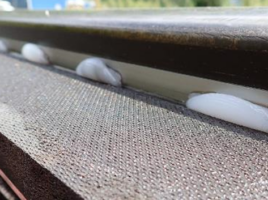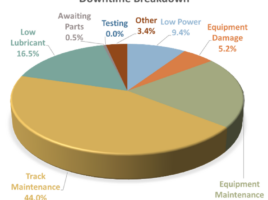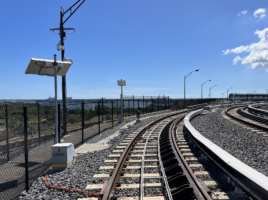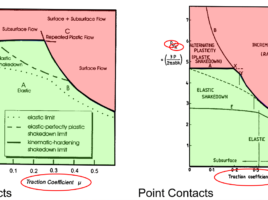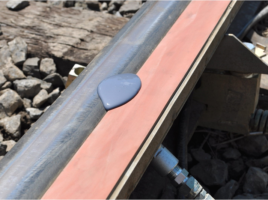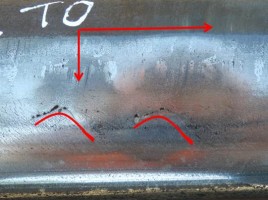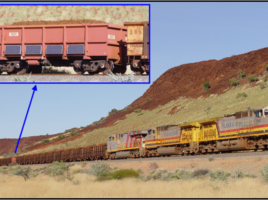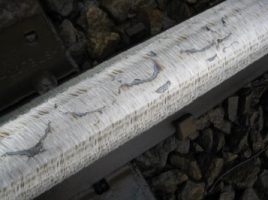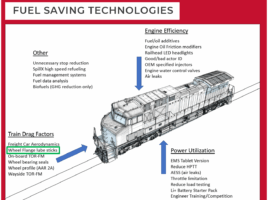
Fuel Savings and Wear Reduction: A Case for Locomotive Wheel Flange Lubrication
by Jeff Tuzik The benefits of friction management are well known and often touted. But one benefit in particular—fuel savings—receives far less attention than the others. But as railroads race to meet greenhouse gas reduction targets and ultimately net-zero goals that they have set for themselves, fuel savings have become …

